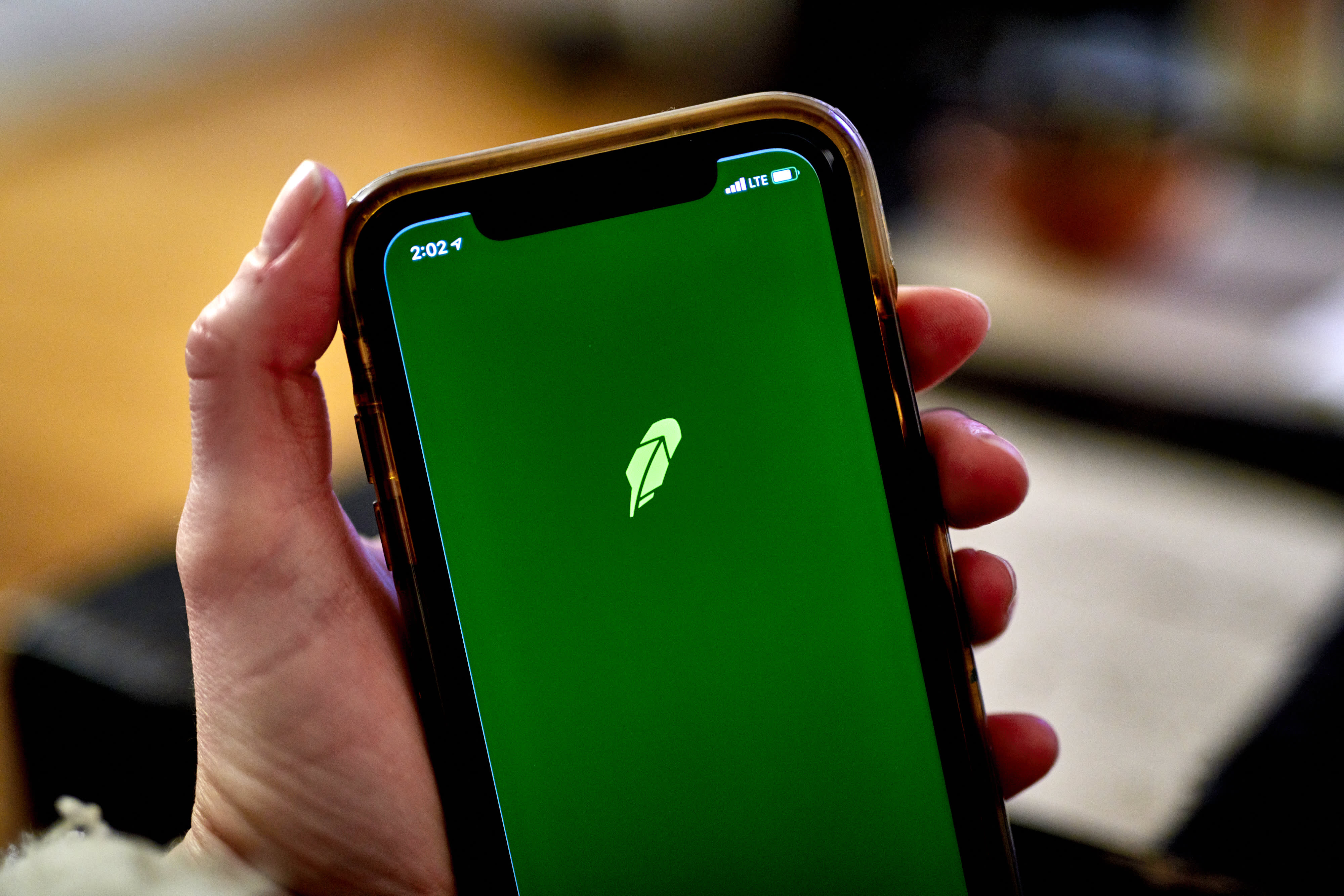Robinhood was sued Monday for wrongful death by the family of Alex Kearns, a 20-year-old customer who took his life last summer after believing he had racked up big losses on the millennial-favored stock trading app.
“This case centers on Robinhood’s aggressive tactics and strategy to lure inexperienced and unsophisticated investors, including Alex, to take big risks with the lure of tantalizing profits,” said the complaint filed by his parents Dan and Dorothy Kearns, and his sister Sydney Kearns in a California state court in Santa Clara. The family is based in Naperville, Illinois.
Robinhood’s “reckless conduct directly and proximately caused the death of one of its victims,” the complaint said. The lawsuit is also accusing the brokerage of negligent infliction of emotional distress and unfair business practices.
Alex Kearns, a then-sophomore at the University of Nebraska at Lincoln, committed suicide in June after thinking he had a negative $730,165 cash balance on Robinhood.
The complaint alleges that Kearns misunderstood the Robinhood financial statement and was protecting his family from the financial obligation.
The suit says that Kearns made three attempts to contact Robinhood customer service regarding the massive underwater balance.
However, his messages were met with automated replies, according to the complaint.
In a note to his family that CNBC has seen, Kearns accused Robinhood of allowing him to pile on too much risk. He claimed the puts he bought and the shares sold “should have cancelled out,” according to the note.
Puts are options that give the owner the right to sell a security at a specified price.
The trader said he had “no clue” what he was doing, according to the note.
“How was a 20 year old with no income able to get assigned almost a million dollars worth of leverage?” read the note Kearns wrote to his family. “There was no intention to be assigned this much and take this much risk, and I only thought that I was risking the money that I actually owned.”
A Robinhood spokesperson told CNBC, “We were devastated by Alex Kearns’ death. Since June, we’ve made improvements to our options offering.”
Robinhood has become a popular entry point to the stock market for first-time investors. It has grown from 1 million users in 2016 to more than 13 million last spring. Amid the Reddit investor-fueled GameStop drama, traffic analysis site SimilarWeb estimates 3 million more users downloaded Robinhood in January alone.
Robinhood, which is run by CEO Vlad Tenev, has come under scrutiny for its “gamification” of investing and alleged predatory marketing practices.
Robinhood is also facing class-action lawsuits from clients after the app’s decision to restrict trading in certain securities during the recent GameStop controversy. The brokerage firm, which has plans to go public in 2021, has repeatedly said that the majority of its users are long-term investors.
Robinhood, one of the biggest beneficiaries of the retail trading boom in 2020, has also come under scrutiny for the access it gives its clients without proper investing education. Last year, Massachusetts regulators filed a complaint against Robinhood, accusing the trading app of predatory marketing on inexperienced investors.
The Securities and Exchange Commission charged the brokerage in December with misleading customers about how the stock-trading app makes money and failing to deliver the promised best execution of trades.
The Kearns’ family complaint says, “Not only did Robinhood permit Alex to open the account, but when Alex was a freshman in college later that year, it permitted him to trade options.”
“Worse, Robinhood provided almost no investment guidance, and its customer ‘service’ was virtually non-existent, consisting of automated e-mail replies devoid of any human contact or interaction,” the family alleged in the suit.
Here’s Robinhood’s full statement regarding the lawsuit.
“We were devastated by Alex Kearns’ death. Since June, we’ve made improvements to our options offering. These include adding the ability to exercise contracts in the app, guidance to help customers through early assignment, updates to how we display buying power, more educational materials on options, and new financial criteria and revised experience requirements for new customers seeking to trade Level 3 options. In early December, we also added live voice support for customers with an open options position or recent expiration, and plan to expand to other use cases. We also changed our protocol to escalate customers who email us for help with exercise and early assignment. We remain committed to making Robinhood a place to learn and invest responsibly.”
— with reporting from CNBC’s Dan Mangan and Kate Rooney.
Subscribe to CNBC PRO for exclusive insights and analysis, and live business day programming from around the world.
